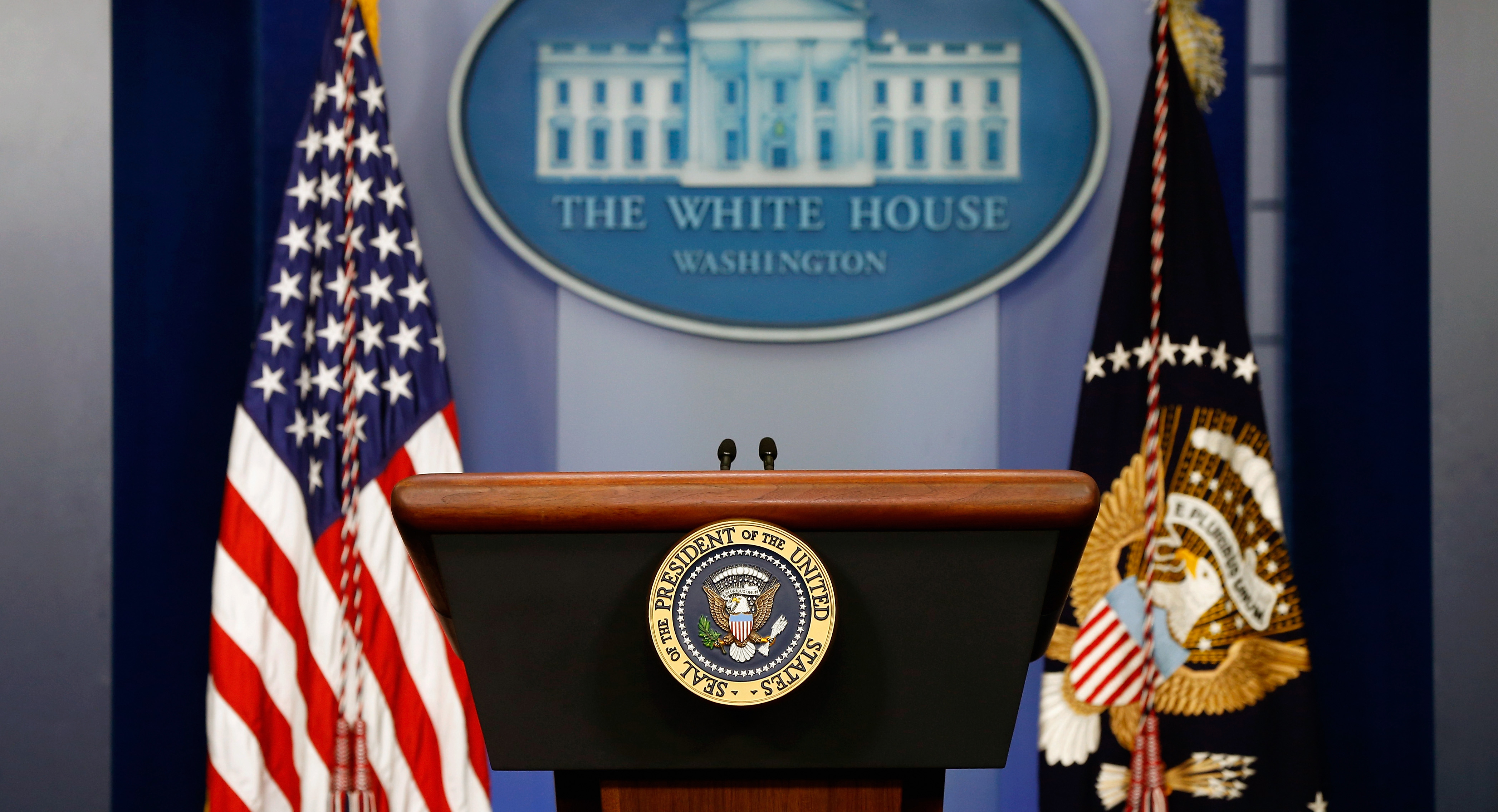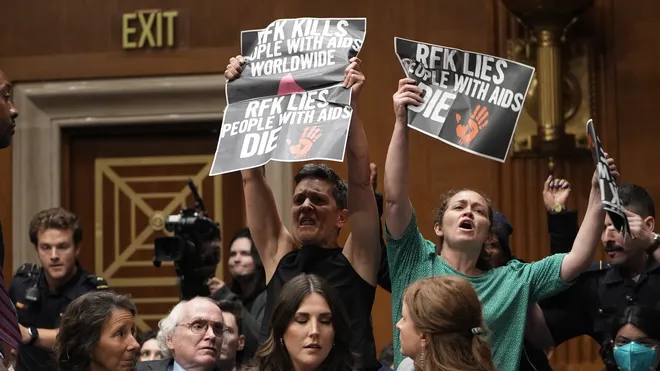Job Losses Signal Economic Downturn
In a shocking turn of events, the recent ADP report reveals a loss of 33,000 private sector jobs in June, contradicting President Trump"s claims of a robust economy. This marks the first monthly job loss in over two years, with significant declines occurring in business services, health, and education sectors. The numbers are alarming, especially when juxtaposed with Trump"s narrative of economic growth driven by his "big, beautiful bill." As reported by The Economist, the expectation was for job gains of 95,000, highlighting a stark deviation from reality. The implications of these job losses extend beyond mere statistics—they reflect a broader economic malaise that threatens livelihoods and exacerbates inequalities in the workforce.
Trump"s Policies Fuel Recession Fears
Trump"s administration has enacted policies that have long-term repercussions on job security and economic stability. Critics point to his sweeping tariffs and mass deportations as contributing factors to the economic decline. According to the Joint Economic Committee, GDP growth during Trump"s tenure has averaged only 1%, the slowest rate since World War II. This stagnation disproportionately affects marginalized communities, who often bear the brunt of economic downturns, facing job losses and stagnant wages while the wealthy continue to thrive.

Daily White House press briefing to stay in the West Wing ...
ICE Budget Expansion Threatens Communities
Amidst economic despair, Trump"s administration is simultaneously ramping up its authoritarian measures by significantly increasing the budget for Immigration and Customs Enforcement (ICE). The Senate recently passed a budget bill that allocates an astounding $45 billion to ICE until 2029. This funding is not just a financial statistic; it reflects a grim reality for immigrant communities, as it enables widespread deportations. The budget increase is a chilling indicator of the administration"s priorities, as it chooses to militarize immigration enforcement rather than invest in social programs that support struggling families. As highlighted by House Ways and Means, the focus on punitive measures over economic support underscores a troubling trend that prioritizes control over compassion.
Impact on Vulnerable Populations
The consequences of these policies are dire for vulnerable populations. The expansion of ICE operations has not only led to the unjust targeting of undocumented immigrants but has also created a climate of fear that permeates communities. According to recent reports, seven out of ten individuals arrested during ICE raids had no prior criminal convictions, underscoring the arbitrary nature of these actions. The rhetoric surrounding deportations targets not just those without documentation but also U.S. citizens, as Trump openly threatens to widen the net of his deportation schemes. This marks a dangerous escalation in the administration"s approach, as noted by authoritarianism scholar Ruth Ben-Ghiat, who cautioned about the implications of targeting "homegrowns"—a phrase that evokes historical injustices and systemic oppression.

Recap: RFK Jr. defends massive HHS budget cuts before Congress
Disruption in the Labor Market
The intertwining of immigration enforcement and economic policy raises critical questions about the future of the labor market. As the Trump administration continues to push its agenda, it risks alienating essential workers, many of whom are immigrants. This is particularly concerning in sectors like agriculture and healthcare, where labor shortages could ensue, further destabilizing an already fragile economy. The politicization of labor, combined with a lack of substantial job creation, indicates a troubling trajectory that could lead to increased social unrest and economic disparity. The economic policies of the Trump administration do not just impact numbers on a spreadsheet; they directly affect the lives of countless individuals and families striving to make ends meet in an increasingly hostile environment.







![[Video] Gunfire between Iraqi security forces and Sadr militias in Baghdad](/_next/image?url=%2Fapi%2Fimage%2Fthumbnails%2Fthumbnail-1768343508874-4redb-thumbnail.jpg&w=3840&q=75)
